OPUS 25
15 March 2023
The National Science Centre hereby announces the OPUS 25 call for research projects addressed at researchers at any stage of their research career. Research projects may be carried out over a period of 12, 24, 36 or 48 months, respectively. Under OPUS 25, funding may be requested for research projects carried out:
- with the use of large-scale international research infrastructure by the Polish research teams;
- without foreign partners;
- in collaboration with partners from foreign research institutions;
Please note: Under OPUS 25, funding must not be requested under the Lead Agency Procedure, i.e., in collaboration with partners from foreign research institutions that apply for project funding under programmes launched in collaboration with the NCN pursuant to the Lead Agency Procedure.
The call budget is 300,000,000 PLN.
Proposals must be submitted electronically via OSF, available at https://osf.opi.org.pl, pursuant to the proposal submission procedure.
The call for proposals in OSF closes on 15 June 2023, at 4 p.m.
Please note: As of this edition of the call, the following limits shall apply: The total number of NCN projects managed by a researcher and proposals submitted to the NCN and subject to evaluation or recommended for funding, in which that researcher is named as the principal investigator, must not be more than two, or three if the researcher manages at least one project funded under an international NCN call or has submitted at least one proposal to an international NCN call. The foregoing limits shall not apply to the projects or proposals submitted to PRELUDIUM BIS and/or DIOSCURI.
Please note: In response to the Russian invasion of Ukraine, pursuant to a Resolution adopted by the NCN, proposals submitted to the National Science Centre must not provide for any collaboration between Polish and Russian entities. Where any such collaboration is planned, the proposals shall be rejected as ineligible.
Please read the call documents included in this call text.
 Who may submit proposals?
Who may submit proposals?
Proposals in the call may be submitted by any entity defined in the NCN Act, namely:
- universities;
- federations of science and HE entities;
- research institutes of the Polish Academy of Sciences, operating pursuant to the Act on the Polish Academy of Sciences of 30 April 2010 (Journal of Laws of 2020, item 1796, as amended);
- research institutes operating pursuant to the Act on Research Institutes of 30 April 2010 (Journal of Laws of 2022, item 498);
- international research institutes established pursuant to separate Acts, operating in the Republic of Poland;
5a. Łukasiewicz Centre operating pursuant to the Act on the Łukasiewicz Research Network of 21 February 2019 (Journal of Laws of 2020, item 2098);
5b institutes operating within the Łukasiewicz Research Network;
- Polish Academy of Arts and Sciences;
- other entities involved in research independently on a continuous basis;
- groups of entities (at least two entities mentioned in sections 1-7 or at least one institution as such together with at least one company);
- scientific and industrial centres within the meaning of the Act on Research Institutes of 30 April 2010 (Journal of Laws of 2022, item 498);
- research centres of the Polish Academy of Sciences within the meaning of the Act on the Polish Academy of Sciences of 30 April 2010;
- scientific libraries;
- companies operating as R&D centres within the meaning of the Act on Certain Forms of Support for Innovative Activity of 30 May 2008 (Journal of Laws of 2022, item 2474);
- legal entities with their registered office in Poland;
13a. President of the Central Office of Measures;
- natural persons; and
- companies conducting research in another organisational form than laid down in sections 1-13.
 Who May Act as the Principal Investigator?
Who May Act as the Principal Investigator?
A person whose publication track record at each stage of their research career includes at least one research paper published or accepted for publication may act as the principal investigator (a PhD degree is not required). In the case of research in arts, the principal investigator is required to have at least one paper published or accepted for publication or at least one artistic achievement or achievement in research in arts completed. Papers and/or artistic achievements included in the proposal should cover the period of 10 years prior to the proposal submission year (as of 2013). In specific cases, this period may be extended.
Please note: The principal investigator must reside in Poland for at least 50% of the project duration period and be available to the host institution. The foregoing obligation does not apply to evidenced project-related business trips or holiday, time off work and other excused absence at work governed by the applicable laws.
Furthermore, the principal investigator must be a person employed at the host institution for the entire project duration period pursuant to at least a part-time employment contract. The foregoing does not apply to persons receiving a pension under the social insurance scheme.
 Are there any restrictions on submitting proposals for research projects under NCN calls?
Are there any restrictions on submitting proposals for research projects under NCN calls?
Restrictions on submitting proposals are described in Chapter III of the Regulations on awarding funding for research tasks funded by the National Science Centre as regards research projects, adopted by the NCN Council on 16 February 2023.
Please note: In a specific edition of calls, the same person may be named as the principal investigator in one proposal only, i.e., in this edition of NCN calls, the same person may be named as the principal investigator in either an OPUS proposal or PRELUDIUM proposal.
Please note: Proposals covering research tasks overlapping tasks specified in another proposal submitted earlier may only be submitted after the funding decision has become final.
Please note: As of this edition of the call, the following limits shall apply: The total number of NCN projects managed by a researcher and proposals submitted to the NCN and subject to evaluation or recommended for funding, in which that researcher is named as the principal investigator, must not be more than two, or three if the researcher manages at least one project funded under an international NCN call or has submitted at least one proposal to an international NCN call. The foregoing limits shall not apply to the projects or proposals submitted to PRELUDIUM BIS and/or DIOSCURI.
Please see the eligible funding requests in the call.
As of 15 March 2023
| Number of NCN research projects I manage1 and proposals2 I have submitted to the NCN | Can I submit another funding proposal? | |||
|---|---|---|---|---|
| Total | Research projects OR proposals under domestic calls3 | Research projects OR proposals under international calls4 | under domestic call | under international call |
| 0 | 0 | YES | YES | |
| 1 | 1 | YES | YES | |
| 2 | 2 | 0 | NO | YES |
| 2 | 1 | 1 | YES | YES |
| 2 | 0 | 2 | YES | YES |
| ≥3 | 3 | NO | NO | |
1 Project management applies to the period from the date of signing the funding agreement under NCN calls until the date of submitting the final report on the project performance.
2 The limit does not apply to proposals pending evaluation or recommended for funding.
3 Research projects or proposals under NCN calls: Opus, Preludium, Sonatina, Sonata, Sonata Bis, Maestro and research projects under Harmonia, Symfonia and Covid-19.
4 The calls launched by the NCN in collaboration with foreign research-funding agencies include: calls launched under EU-funded programmes, e.g., ERA-Net and European Partnerships (UNISONO, POLONEZ, POLONEZ BIS):
- calls launched by the networks of research-funding institutions not co-financed from the EU funds, including within the framework of LAP cooperation (OPUS LAP/ WEAVE, WEAVE UNISONO);
- bilateral calls of the NCN and foreign partner institutions (GRIEG, POLS, IDEALAB, BEETHOVEN, BEETHOVEN CLASSIC, BEETHOVEN LIFE, CEUS, MOZART, ALPHORN, ALPHORN COVID-19, DAINA, SHENG);
The limits shall not apply to:
- PRELUDIUM BIS, Dioscuri, TANGO and ARTIQ proposals/ projects,
- MINIATURA proposals/ research activities,
- NAWA proposals/ research components,
- FUGA and UWERTURA fellowships,
- ETIUDA scholarships, NCN Programme for researchers from Ukraine to continue research in Poland and NCN special scholarship programme for Ukrainian students and young researchers .
 What is the subject-matter of the call?
What is the subject-matter of the call?
Basic research proposals may be submitted to the call in any of 26 NCN panels comprising three groups:
- HS – Arts, Humanities and Social Sciences;
- NZ – Life Sciences; and
- ST – Physical Sciences and Engineering.
Please note: Proposals are reviewed within the panels to which they have been submitted (e.g., HS1, ST1, NZ1). The principal investigator selects the panel. The panel cannot be changed once the proposal has been submitted. If an incorrect panel is selected, proposals may be rejected.
Please note: A new list of panels is in effect as of 15 December 2022, including Panel ST11 – Materials Engineering.
 What is the project duration?
What is the project duration?
Funding may be requested under the call for projects lasting:
- 12 months,
- 24 months,
- 36 months or
- 48 months.
 What posts can be occupied by research team members?
What posts can be occupied by research team members?
In research projects, in addition to the principal investigator, research tasks may be carried out by co-investigators, including students, PhD students, post-docs and/or senior researchers.
A post-doc type post is a full-time post, scheduled by the project’s principal investigator for a person who has been conferred a PhD degree within 7 years before employment in the project. This period may be extended pursuant to the terms laid down in the Types of costs in research projects funded by the NCN.
A post-doc type post may be occupied by a person who has been awarded their PhD degree by another institution than the one planned to employ them at this post or must has completed a continuous and evidenced post-doctoral fellowship of at least 10 months in another institution than the host institution for the project and in another country than the one in which they have been conferred their PhD degree. Post-docs in the project must be recruited in an open call procedure.
Please note: The NCN Council calls attention to the organisation of open calls for post-docs. According to a new provision introduced to the Regulations, call organisers must respect the eligibility criterion of 7 years from the date of award of the first PhD.
PhD students/students who are NCN scholarship recipients must be recruited in an open call procedure.
A senior researcher post is a full-time position co-funded by the host institution, scheduled by the project’s principal investigator for a person who has been conferred a PhD degree within at least 7 years before submission of the proposal, has expertise, unique skills and experience necessary to carry out the research tasks entailed by the project.
Please remember that the rationale of employment of particular members of the research team in the project will be evaluated by the Expert Team. The competences and tasks to be performed by particular members of the Expert Team must be described in the proposal. More information on the budget for salaries and scholarships can be found in the Types of costs in research projects funded by the NCN.
The terms of the call do not specify the maximum number of research team members.
 How can the project budget be planned?
How can the project budget be planned?
The project budget must be justified as regards the subject and scope of research and must be based on reasonable calculations. The NCN does not specify the minimum or maximum amount of the project budget for OPUS calls. A proposal may be rejected if unreasonable costs are planned.
The project budget includes direct costs and indirect costs.
Direct costs include:
- full-time remuneration for the principal investigator: 170,000 PLN per annum if the principal investigator is employed full-time and up to 3,000 PLN per month if the principal investigator is employed otherwise;
- remuneration for co-investigators in the project:
- full-time remuneration for post-docs: 140,000 PLN per annum (which may be increased in well justified case),
- senior researcher position: 70,000 PLN per annum.
Please note: The senior researcher position must be co-financed by the participating entity in the amount of at least 70,000 PLN per annum;
- salaries and scholarships for students and PhD students (up to 10,000 PLN per each month of project implementation),
- the so-called additional remuneration for members of the research team; if the principal investigator is not to be employed full-time in the project, their remuneration is paid for from the pool allocated for additional remuneration;
- purchase of research equipment, devices and software;
- purchase of materials and small equipment;
- outsourced services;
- business trips, visits and consultations;
- compensation for collective investigators; and
- other costs crucial to the project which comply with the Types of costs in research projects funded by the NCN.
Please note: The costs of publication of monographs resulting from research projects, as defined in §10 of the Regulation on the Evaluation of the Quality of Research Activity issued by the Minister of Science and Higher Education on 22 February 2019 (Journal of Laws of 2019, item 392) may only be incurred following a positive review by the NCN.
Indirect costs include:
- indirect cost of Open Access (up to 2% of direct costs) that may be designated only for the cost of open access to publications or research data;
- other indirect costs (up to 20% of direct costs) that may be spent on costs that are related indirectly to the research project, including the cost of open access to publications and research data.
Furthermore, during the project implementation, the host institution shall arrange with the principal investigator in the project for the distribution of at least 25 per cent of the indirect costs’ value.
Please note: If unreasonable costs are planned, a proposal may be rejected during the eligibility check or merit-based evaluation.
 Open access publication of research results
Open access publication of research results
Together with other European research-funding institutions, the National Science Centre is a member of cOAlition S. Therefore, the NCN has adopted its Open Access Policy pursuant to which all research results stemming from NCN-funded research projects must be made available in immediate open access. The policy does not cover the publication of monographs, monograph chapters and peer-reviewed collected works.
In accordance with the principles of Plan S, the National Science Centre recognizes the following publication routes as compliant with its open access policy:
- publication in open access journals and on open access platforms registered, or with pending registration, in the Directory of Open Access Journals (DOAJ);
- publication in subscription journals (hybrid journals), as long as the Version of Record (VoR) or the Author Accepted Manuscript (AAM) is published, by the author or publisher, in an open repository immediately upon the article’s online publication;
- publication in transformative journals covered by an open access licence within the framework of so-called transformative agreements, inscribed in the Efficiency and Standards for Article Charges registry (ESAC-registry).
Manuscripts must be published using the CC-BY licence. In the case of transformative journals, the CC-BY-SA licence can also be used. The CC-BY-ND licence may also be used (regardless of the publication route selected).
More information on open access publication terms/instructions can be found here, as amended.
For more information, please read the Open Access Instructions. Proposal form
Proposal form
All parts of the proposal form are described in Point I of Annex 1 of the Regulations on awarding funding for research tasks funded by the National Science Centre as regards research projects to NCN Council Resolution No 23/2023 of 16 February 2023 („Evaluation Criteria in the OPUS call).
Information to be provided in English:
- details of the principal investigator, including information on their academic and research career and research experience as well as 1-10 papers published in the proposal submission year or over the period of 10 years prior to the proposal submission year (including applicable breaks); for research in art, 1-10 of the most important papers published or artistic achievements and achievements in research in art in the proposal submission year or over the period of 10 years prior to the proposal submission year; information on research project management or other research funding under NCN calls in the proposal submission year or over the period of 10 years prior to the proposal submission year; information on research project management funded under other national and international calls in the proposal submission year or over the period of 10 years prior to the proposal submission year (up to 5 projects);
- key information on the proposal and host institution for the project (also in Polish);
- work plan (also in Polish);
- information on the scope of work carried out by the co-investigators in the project;
- summary of the project;
- abstract for the general public (also in Polish);
- short project description with bibliography (no more than 5 pages, A4);
- full project description with bibliography (no more than 15 pages, A4);
- information on research projects carried out in international cooperation and advantages thereof (required only for projects involving research carried out in international cooperation);
- information on the ethical aspects of the research;
- information on the data management plan concerning data generated or used in the course of the research project, as required by the proposal; and
- project budget drafted pursuant to the Regulations.
The proposal form is available here.
Please note: The Oświadczenia administracyjne [Administrative declarations] tab includes a new declaration (“Researchers specified in the proposal”) concerning the names of all persons entered in the proposal who have been involved in the project performance. At this point, enter the names of all persons whose data (name, affiliation) has been entered in another part of the proposal. The applicant is required to notify any such persons that their details have been disclosed in the proposal and will be processed by the NCN. This section is not subject to an eligibility check or merit-based evaluation.
 Can proposals in this call include application for state aid?
Can proposals in this call include application for state aid?
Proposals in the call may include an application for state aid, except where a natural person applies for funding. More information can be found in the State aid section.
In the case of research projects carried out in institutions for which project funding will constitute state aid, funds for students and PhD students can only be planned in the form described as in the Types of costs in research projects funded by the NCN.
Please note: All documents concerning proposals for state aid must be signed with a qualified electronic signature in the PAdES format.
 What is the proposal evaluation procedure?
What is the proposal evaluation procedure?
Proposals are subject to an eligibility check and merit-based evaluation.
Eligibility checks are carried out by the coordinators. Only complete proposals that comply with all the requirements set out in the call text can be accepted for merit-based evaluation. A proposal may also be rejected as ineligible at the later stage of evaluation.
Proposals approved as eligible are subject to merit-based evaluation performed in two stages:
At the first stage, an evaluation is performed by the Expert Team formed by the NCN Council NCN, based on the data included in the proposal and annexes thereto, with the exception of the full project description. Each proposal is evaluated by two members of the Expert Team acting independently. In the case of a proposal which is assigned an auxiliary NCN review panel specifying disciplines covered by NCN review panels other than the one to which the proposal was submitted, the chair of the Expert Team may decide to seek an auxiliary review from a member of another Expert Team (the so-called interdisciplinary proposals).
After the evaluation, the experts meet at the first Expert Team meeting. Based on the review of the proposals and discussions, a list of proposals recommended for the second stage of evaluation is compiled by the Expert Team.
At the second stage, proposals are addressed to at least two reviewers who draft individual reviews based on the data included in the proposal and annexes thereto, with the exception of the short project description. Based on the reviews drafted by the reviewers and discussions at the second meeting, a ranking list of proposals recommended for funding is compiled by the Expert Team.
To find out more on the proposal evaluation procedure, please go to the Proposal evaluation procedure for the Expert Team and tutorial video.
 What is reviewed in the evaluation of proposals?
What is reviewed in the evaluation of proposals?
The evaluation of proposals focuses in particular on:
- compliance with the basic research criteria;
- the quality and innovative nature of the research or tasks to be performed;
- the impact of the research project on the advancement of the scientific discipline;
- assessment of the feasibility of the proposed project;
- the scientific achievements of the principal investigator and the mentor, including publications in renowned academic press/journals;
- assessment of other projects conducted by the principal investigator, funded by the NCN or from other sources;
- the relevance of the costs to be incurred with regards to the subject and scope of the research; and
- preparation of the proposal and compliance with other requirements set forth in the call text.
The detailed proposal evaluation criteria are now available.
 Who performs the merit-based evaluation of proposals?
Who performs the merit-based evaluation of proposals?
Proposals are evaluated within the review panels (i.e., HS1, NZ1, ST1).
Experts are selected by the NCN Council from among outstanding Polish and foreign researchers who are at least PhD holders. Expert Teams are established for each call edition. The composition of the Expert Team is subject to the number and subjects of proposals submitted to each panel.
 When and how are the call results announced?
When and how are the call results announced?
The call results will be announced on the NCN’s website and communicated to the applicants by way of a decision by the NCN Director within 6 months of the proposal submission date, by December 2023 at the latest.
 More information
More information
Read the Information for Applicants on the NCN's website.
Should you have any more questions or queries, please contact us by email: informacja@ncn.gov.pl or by phone:
 Useful information
Useful information
If you plan to submit a proposal in the OPUS 25 call:
- read all call documents included in the call text, in particular:
- terms of the OPUS 25 call;
- OPUS 25 proposal form template, where you can find out about information and annexes needed to complete the electronic proposal form in OSF;
- Regulations on awarding funding for research tasks funded by the National Science Centre;
- proposal submission procedure.
- obtain data from the host institution for the project that is required to complete the proposal and find out about the internal procedures that may affect the proposal and project performance (cost planned in the project, procedure for acquiring signature(s) of authorised representative(s) of the institution to confirm submission of the proposal);
- if the applicant is a group of Polish entities, an agreement on collaboration for the purposes of completion of the requested research project must be drafted;
- prepare acceptance letters from publishers confirming that the paper has been accepted for publication (when the scientific achievements section includes papers accepted for publication that have not been published yet).
Before the proposal is submitted to the NCN:
- make sure that all information in and annexes to the proposal are correct. Verification of the proposal for completeness in the OSF submission system by pressing the Sprawdź kompletność [Check completeness] button does not guarantee that all information has been entered correctly and that the required annexes have been attached;
- make sure that all tabs have been completed in the correct language;
- disable the final version of the proposal to the NCN;
- download the confirmation of proposal submission – to be signed by the principal investigator and authorised representative(s) of the host institution; and
- upload the signed confirmation of proposal submission.
Once the proposal is completed and all the required annexes attached, use the Wyślij do NCN [Send to NCN] button to submit the proposal to the NCN electronically via the OSF system.
Once the call for proposals has been closed:
- evaluation of proposals will be carried out;
- after each stage of evaluation, the funding decision by the NCN Director will be delivered;
- if the proposal is recommended for funding, a funding agreement will be entered into;
- the project will be carried out pursuant to the funding agreement and Regulations on the implementation of research projects, fellowships and scholarships.
In the event of a breach of the call procedure or other formal infringements, the applicant may appeal against the decision of the NCN Director with the Committee of Appeals of the NCN Council. The appeal must be lodged within 14 days of the effective delivery of the decision.
Please read the rules according to which personal data are processed by the NCN.
Call documents
- Terms of the OPUS call
- Regulations on awarding funding for research tasks funded by the National Science Centre
- NCN panels
- Regulations for awarding scholarships in the NCN-funded research projects
- Costs in research projects funded by NCN
- OPUS proposal form template
- Guidelines for applicants to complete the proposal in the OSF submission system
- Agreement on collaboration for the purposes of completion of the requested research project
- State aid
- Guidelines for applicants to complete the Data Management Plan form in the proposal
- Guidelines for applicants to complete the Ethics Issues form in the proposal
- NCN’s Open Access Policy, as amended, as amended
- Guidelines: NCN’s Open Access Policy
- The Code of the National Science Centre on research integrity and applying for research funding
- Proposal submission procedure
Documents concerning evaluation of proposals:
- Proposal evaluation criteria
- Expert Teams of the National Science Centre - formation and appointing
- Detailed procedure for evaluating proposals by the Expert Teams
- Service of decisions of the NCN Director
- Guidelines for appealing against the NCN Director’s decisions
Documents to be read after the call for proposals is concluded:
- OPUS agreement template
- Order establishing a procedure for conducting audits on host institution’s premises
- Guidelines for entities auditing the implementation of research projects funded by the National Science Centre
- Evaluation of monographs in research projects funded by the National Science Centre
- NCN Council Resolution on collaboration with the Russian Federation within the framework of NCN-funded grants

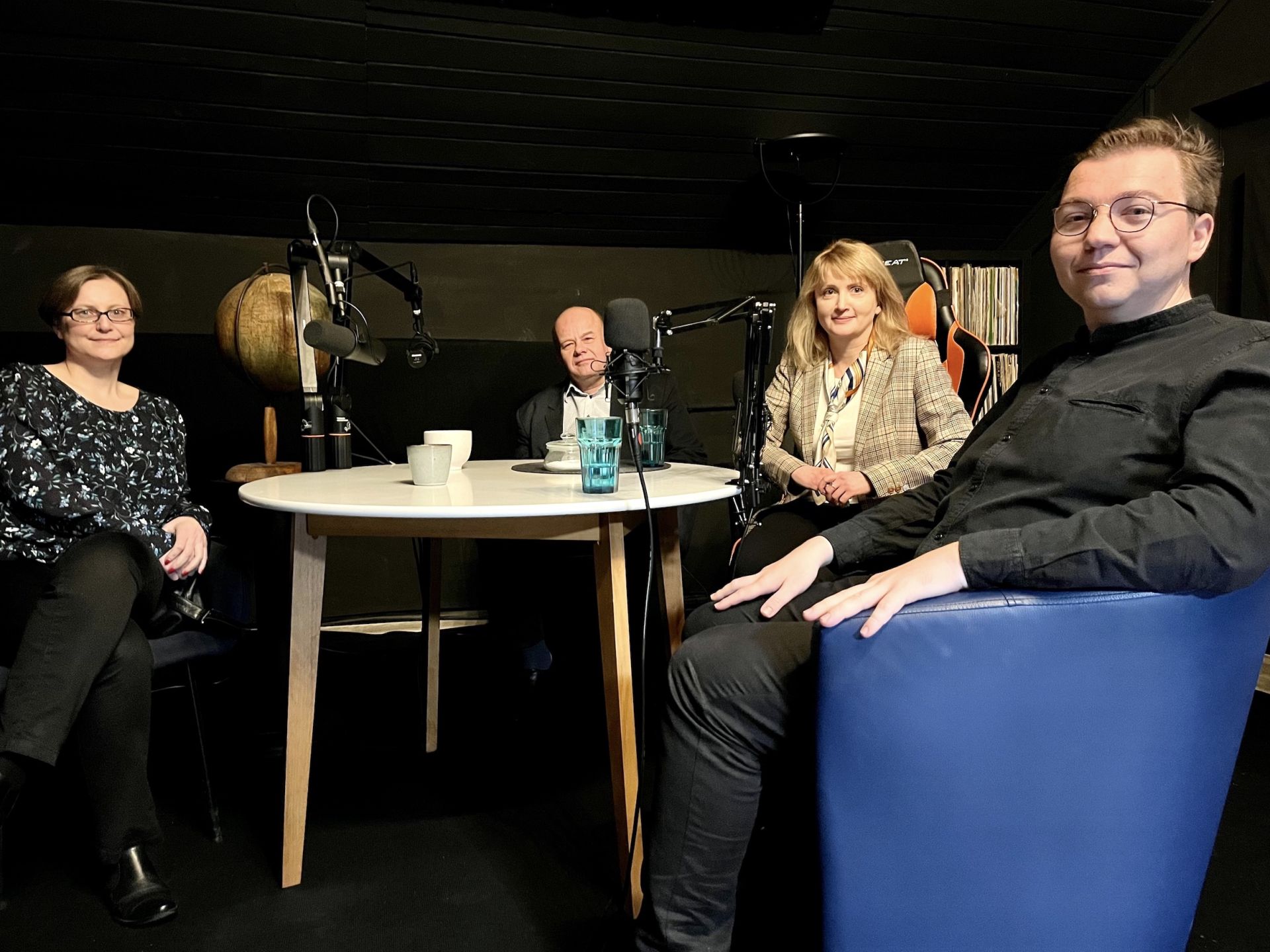
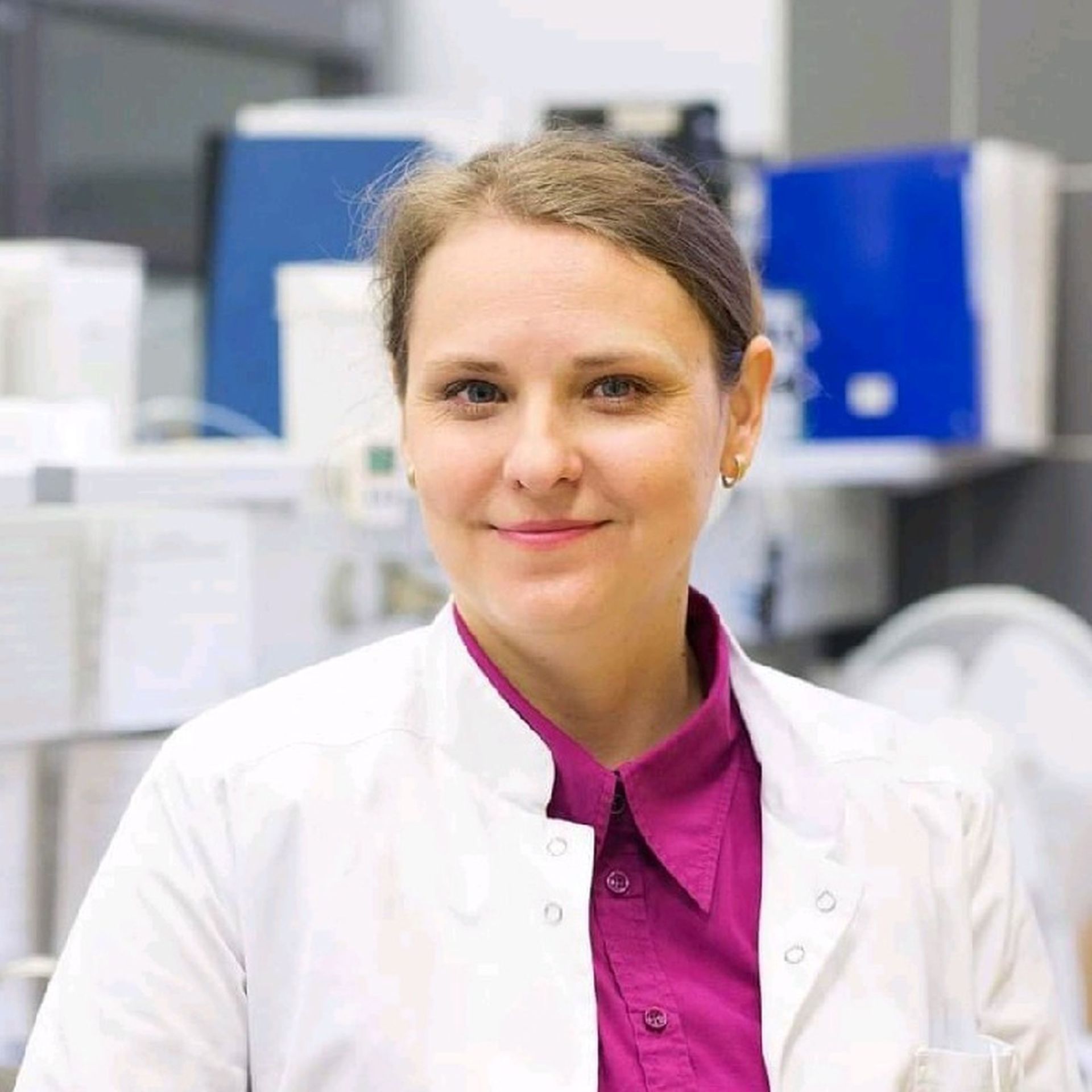
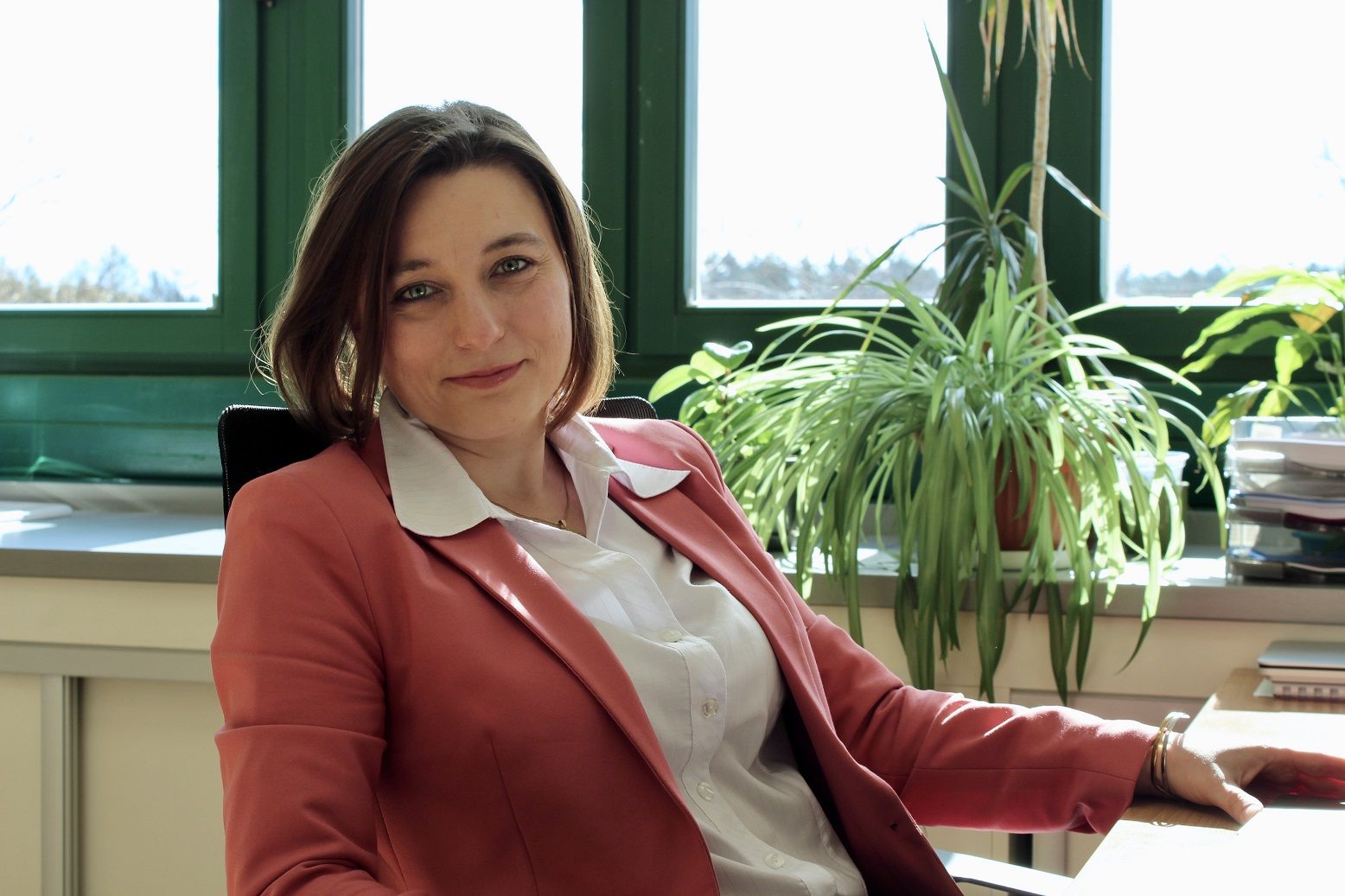
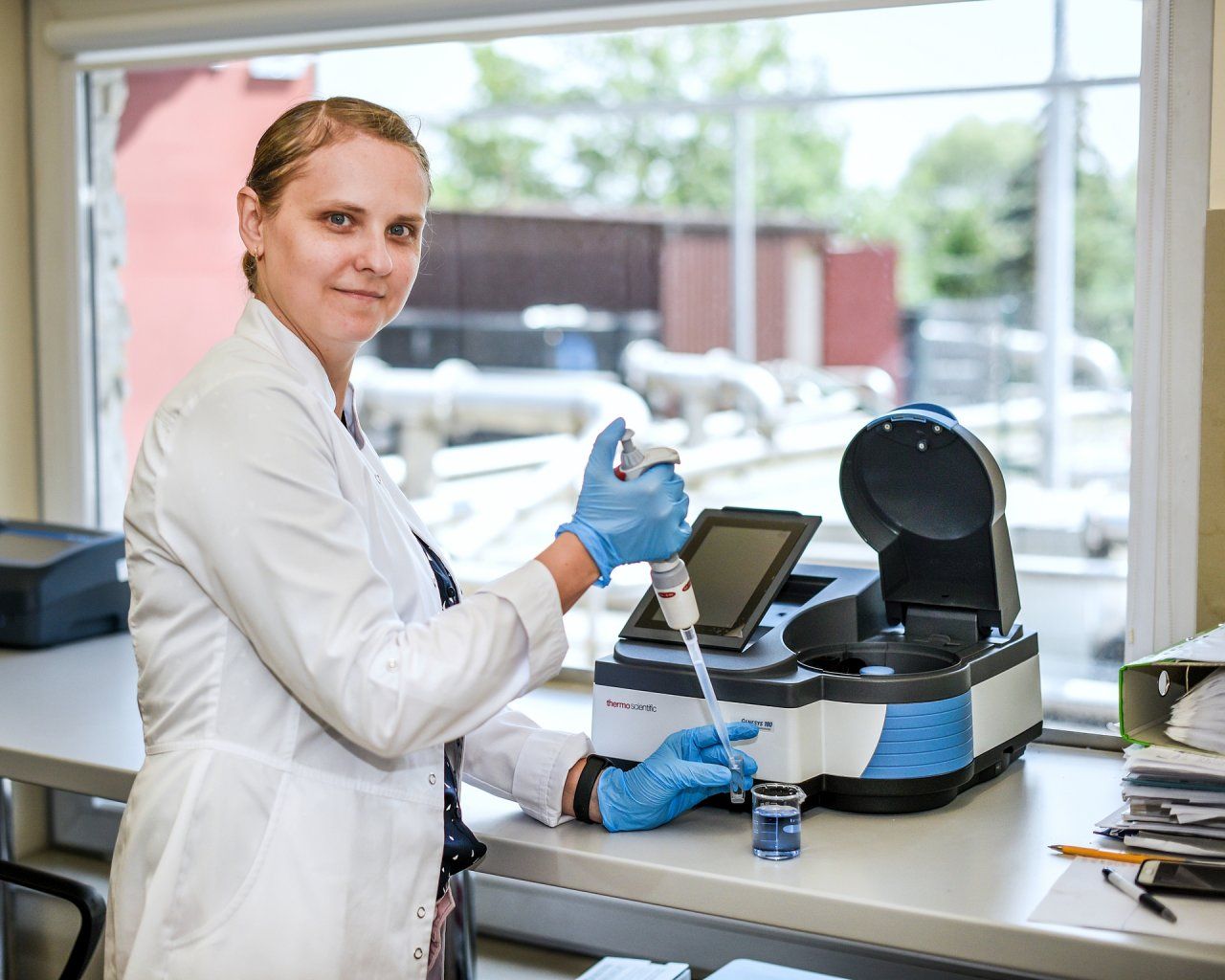
 Call Schedule
Call Schedule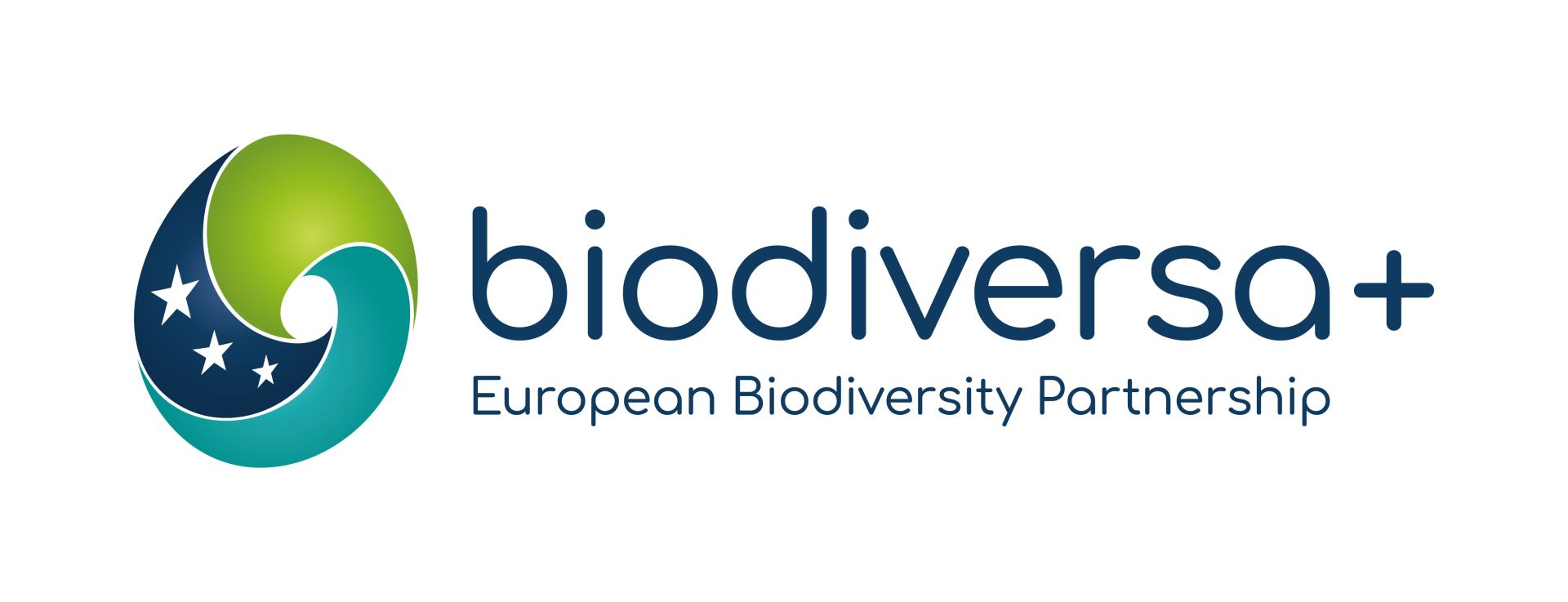
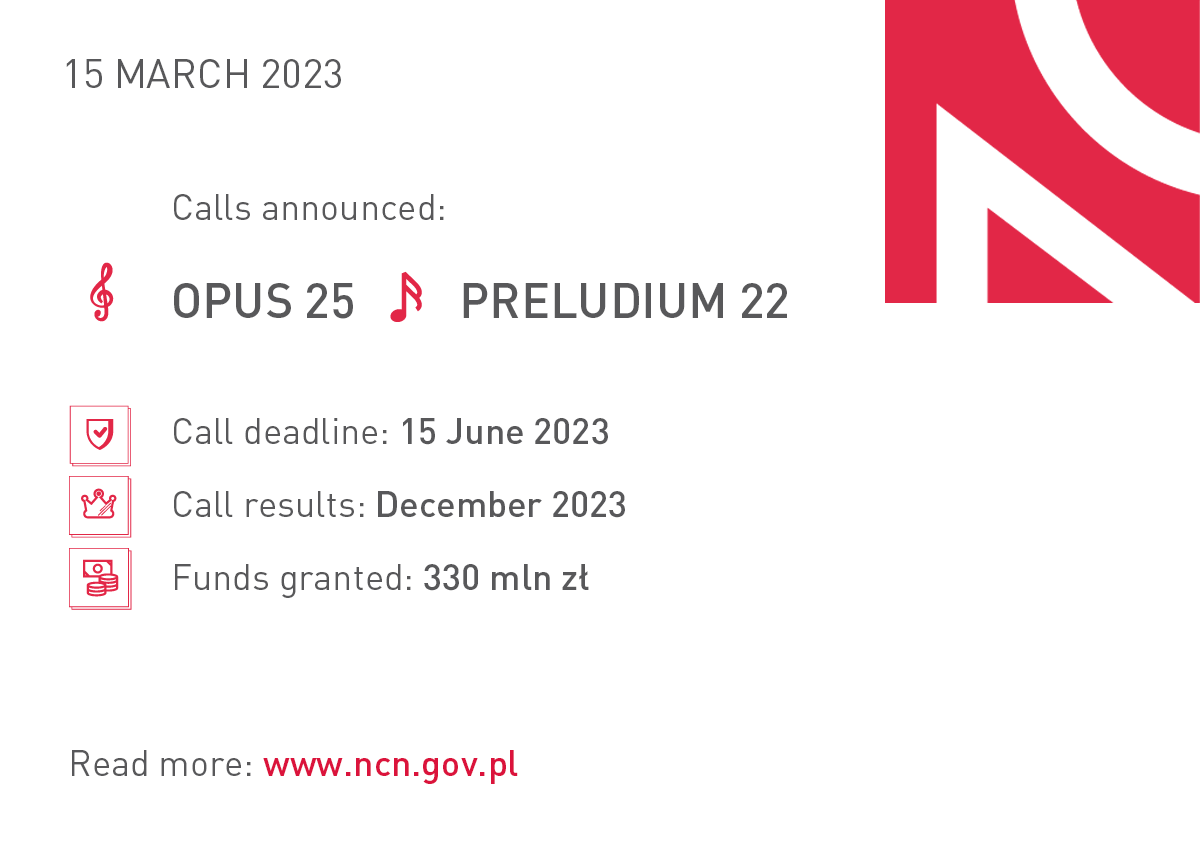
 Open Access Policy
Open Access Policy